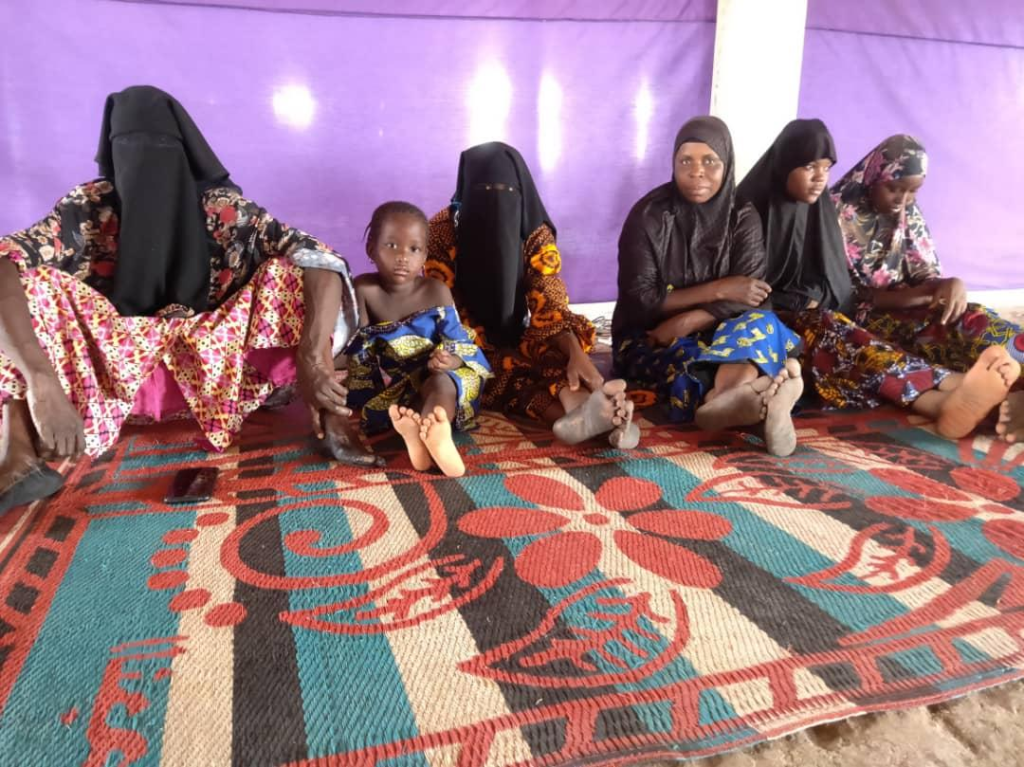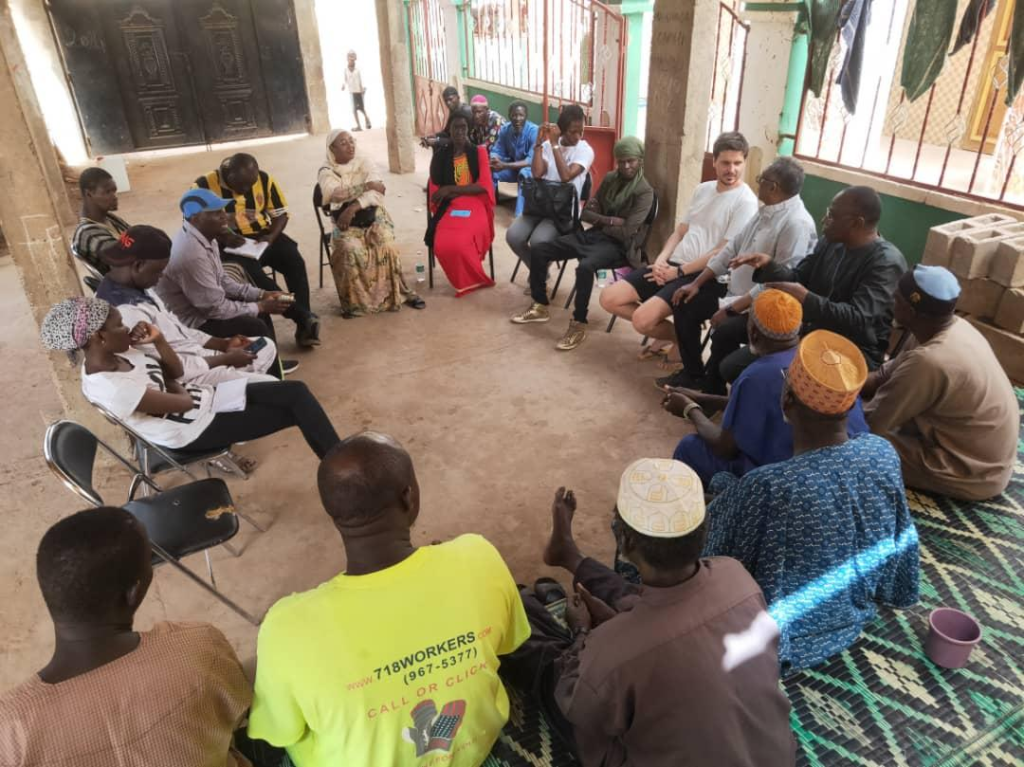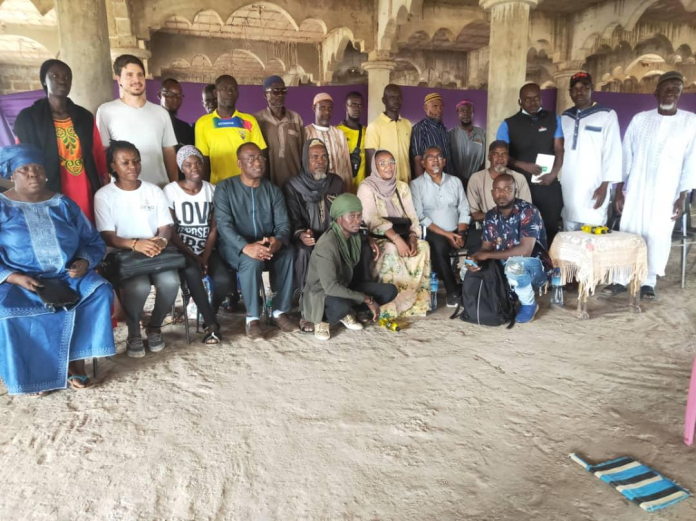By Nelson Manneh

Officials of the Global Forum who came to attend the 77th Non-Governmental Organization meeting in the Gambia visited some communities that still practise ‘traditional slavery’ and discrimination in The Gambia.
The visited communities included Garawol and Koina in the Upper River Region of the Gambia.
These two communities are dominated by the Sarahules who make up about 8.2% of the population of The Gambia. The Sarahulles are mostly located in the Upper River Region and evidence shows that they still practice ‘traditional slavery’ and discrimination built on their caste-based system.
Unlike all other ethnic groups in the Gambia, caste-based heritage within the Sarahule ethnic group has turned violent leading to untimely deaths, burning of properties, discrimination, and school dropouts among other issues.
The caste-based hierarchical system within Sarahulleh communities includes nobles, the free-born, the artisans, the smiths, the griots, and the slave caste at the bottom rank of their social hierarchy.
During the visit, the Sarahule caste-based, who were referred to as the slaves, narrated the stigma and discrimination meted out to them by the so-called freeborn. The fragmentation led to total detachment of the natural bearing between the two caste-based sects.
“We were referred to as slaves, we were deprived of leadership positions, our children and women were forced to accept slavery, our children were driven away from school because they don’t accept slavery, our women and children cannot socialize with others because they don’t accept to be referred to as slaves, deaths occurred, houses were burned down to ashes among others,” victims narrated.

Discrimination in Public Places
The Sarahule caste referred to as the slaves said their discrimination did not only end at their homes, but also extended by the so-called free-born to the private schools and graveyards.
“Our children were punished in school because their parents refused to accept that we are slaves or to be treated as slaves. We have one graveyard where we all buried our deceased, but when the issue arose, the so-called freeborn said we would not bury our deceased in that graveyard. They claimed ownership of it because they are the majority here in our community,” Mrs Kussa Sanneh who belongs to the so-called slave caste said.
Madam Kussa Sanneh said Garawoll had one Madrasa that was built by the whole community, but the so-called free-born claimed ownership of it saying that the other sect must accept that they are slaves otherwise their children will not be educated in that Madrasa school.
“Some of our children who traveled abroad told us not to consent to be referred to as slaves. They came together and raise funds and that is what we are using to build a Madrasa for our children here in Garawoll Village,” she said.
Mrs. Sanneh said they have suffered a lot at the hands of the so-called free-born as they see them as nothing useful in society.
She said even in the market square they (the slaves) are discriminated against and are not seen as human beings. “When we go to the market with our goods for sale, they refuse to buy from us. They said that we (the slaves) can buy from them but for them, since they are the free-born they cannot buy our goods.”
In Koina Village, the Sarahules alleged slaves had built their mosque because they were denied access to the village’s main mosque.
The whole community of Koina used to pray in the same mosque, but recently the alleged Sarahulleh slaves have built their mosque. They are denied to pray in the central mosque because they refused to accept that they are slaves.
“We (the slaves) are seen as less human beings, we are said to have been followers, not leaders. We are denied to lead prayers at the mosque. The so-called free-born said no matter how educated one could be if you are not from the so-called freeborn caste, that person cannot lead them in prayers. We have people who know the Quran very well, but because they are from our sect (the slave), the so-called free-born said they cannot serve as Imams, this is why we decided to build our Mosque,” said Yusupha Danso, the PRO of Gambana Association.
The purported Sarahule slaves said they only want peace which is why anytime they are denied access to any public or private facility within their community, they exercise restraint.
Paul Divakar, the convener of the Global Forum of Communities Discriminated on Work and Descent, hailed the community for their resilience and commitment to denounce and end caste and descent-based slavery in their Communities.
He assured them of GFoD’s Commitment to work with Gambana in the International scene and the Gambia to help address their issues and possibly put pressure on actors and stakeholders including the Government to protect and advance the course of communities discriminated on work and descent.



















